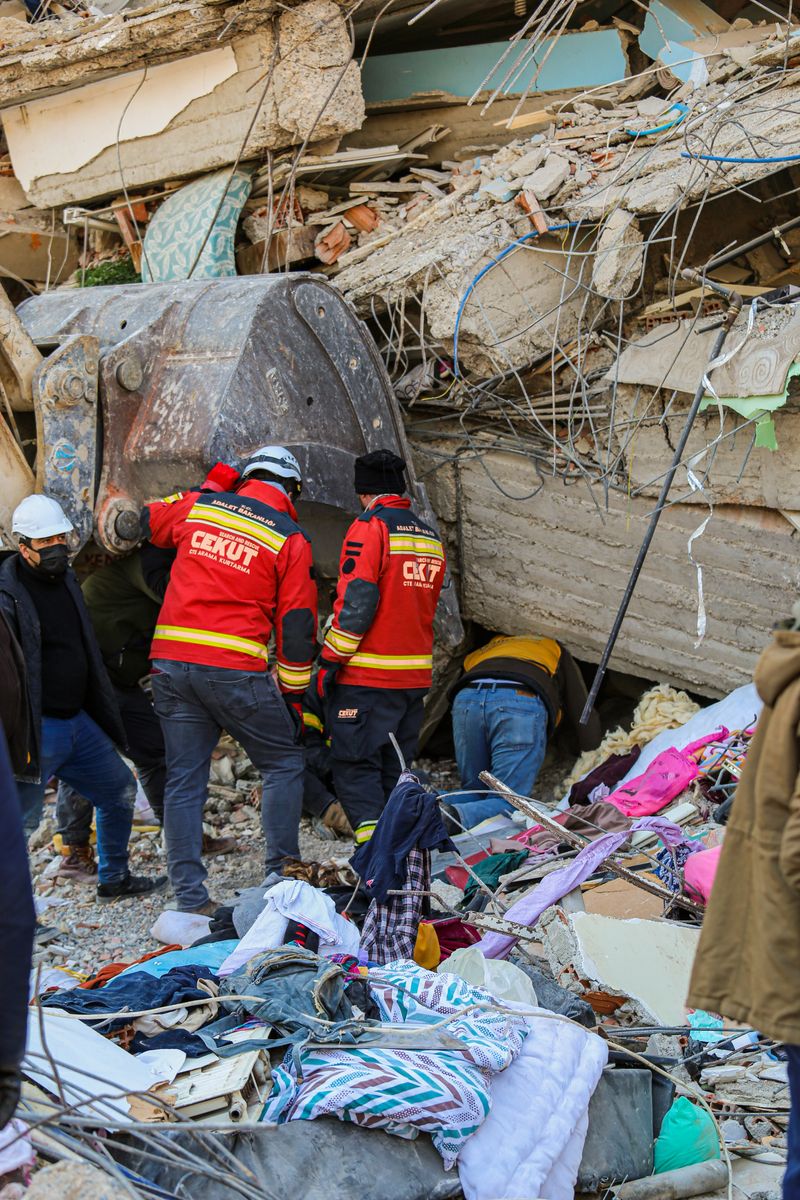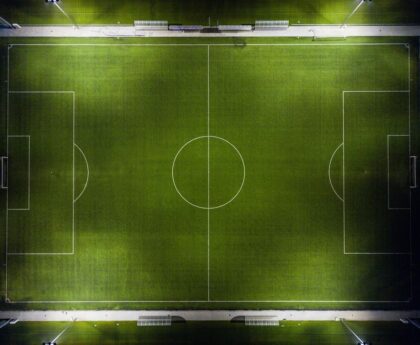Powerful Earthquake Strikes Morocco, Leaving Devastation in Its Wake
Overview
A powerful 6.8-magnitude earthquake struck Morocco on Friday night, causing widespread damage and claiming the lives of nearly 300 people. The quake, which struck in the country’s High Atlas mountain range, was the strongest tremor to hit Morocco in over a century. The historic city of Marrakech, a popular tourist destination, was particularly affected, with buildings damaged and lives lost. Rescue efforts are underway as authorities work to locate and save those trapped in the rubble.
The Impact
The earthquake caused significant damage, with numerous buildings collapsed near the epicenter. Many deaths occurred in mountainous areas that were difficult to reach, making rescue efforts challenging. Roads were damaged, hindering the access of rescue teams to the most affected areas. The Royal Moroccan Armed Forces has warned residents to be cautious and prepared for aftershocks.
The earthquake also shook the old city of Marrakech, a UNESCO World Heritage site. In this vibrant city filled with palaces, mosques, and bustling markets, many houses collapsed, and people were left to clear the debris by hand while waiting for heavy equipment. The city’s red sandstone walls, dating back to the 12th century, were also damaged. The impact on the city’s tourism industry, which drew nearly three million visitors in 2019, is yet to be fully assessed due to the ongoing pandemic.
The Response
In the wake of this disaster, the Moroccan government and local authorities have initiated an urgent response. Health authorities have called on people to donate blood to help the victims, and rescue teams are tirelessly working to locate and save those who are trapped. However, due to damaged roads and the rugged terrain of the affected areas, rescue efforts are being hampered. The Royal Moroccan Armed Forces has urged residents to remain vigilant and prepared for potential aftershocks.
Philosophical Discussion
Natural disasters such as earthquakes often prompt philosophical reflection on humanity’s relationship with nature and the vulnerability of human life. The power and unpredictability of geological forces, capable of overturning structures and causing immense devastation in an instant, serve as a reminder of our own fragility in the face of the natural world.
Earthquakes, in particular, raise questions about our ability to control and mitigate natural disasters. Despite advances in science and technology, earthquakes remain largely unpredictable, making it challenging to prevent or fully prepare for their destructive impact. This fact emphasizes the need for resilience and adaptation in the face of natural forces beyond our control.
Moreover, the earthquake in Morocco highlights the importance of infrastructure and building standards in earthquake-prone areas. Structures that are not designed to withstand the strong shaking of an earthquake are highly vulnerable, amplifying the loss of life and damage caused. This tragedy serves as a reminder of the critical need for careful urban planning, strict building codes, and engineering practices that prioritize resilience in earthquake-prone regions.
Editorial: Rebuilding Efforts
As Morocco begins the journey towards recovery and rebuilding, it is crucial for government officials to prioritize the needs of the affected communities. Prompt and efficient allocation of resources, including shelters, medical assistance, and infrastructure reconstruction, is essential to aid those impacted by the earthquake.
Building codes must be reviewed and enforced to prevent similar devastation in the future. Investments in retrofitting existing structures and constructing new ones using earthquake-resistant techniques should be a priority. This requires collaboration between government agencies, architects, engineers, and urban planners.
Additionally, the international community must support Morocco‘s rebuilding efforts by providing financial and technical assistance. Countries with expertise in earthquake preparedness and disaster management should offer their knowledge to help develop comprehensive strategies that prioritize the safety and resilience of vulnerable communities.
In Conclusion
The powerful earthquake that struck Morocco serves as a sobering reminder of our vulnerability to natural disasters. As we mourn the loss of lives and the devastation caused, it is imperative to reflect on lessons learned and prioritize the safety and resilience of communities. By investing in infrastructure, enforcing building codes, and fostering international collaboration, we can prepare for future disasters and ensure the well-being of those affected by them.

<< photo by samimibirfotografci >>
The image is for illustrative purposes only and does not depict the actual situation.
You might want to read !
- “Examining the Aftermath: Unraveling the Devastation Caused by Morocco’s Deadly Earthquake”
- 3 Key Insights from Alabama Football’s Dominant Season Opener Against MTSU
- Oklahoma Dominates Arkansas State in Impressive Season Opener
- A Sudden Storm Halts ASU Football Match: Assessing the Impact of Weather Delays
- Climate Crisis Exacerbated: Deadly Tropical Storm Idalia Ravages South Carolina
- As current affairs commentator “Edward Felsenthal”, I would like to raise a question and propose a new title for the article mentioned. The new title would reflect an editorial exploration and befit the nature of the output.
Title: “C&S Emerges as the Powerhouse Supplier in the Kroger-Albertsons Merger”
- Hurricane Jova Weakens to Category 4: Analyzing its Strength and Trajectory




